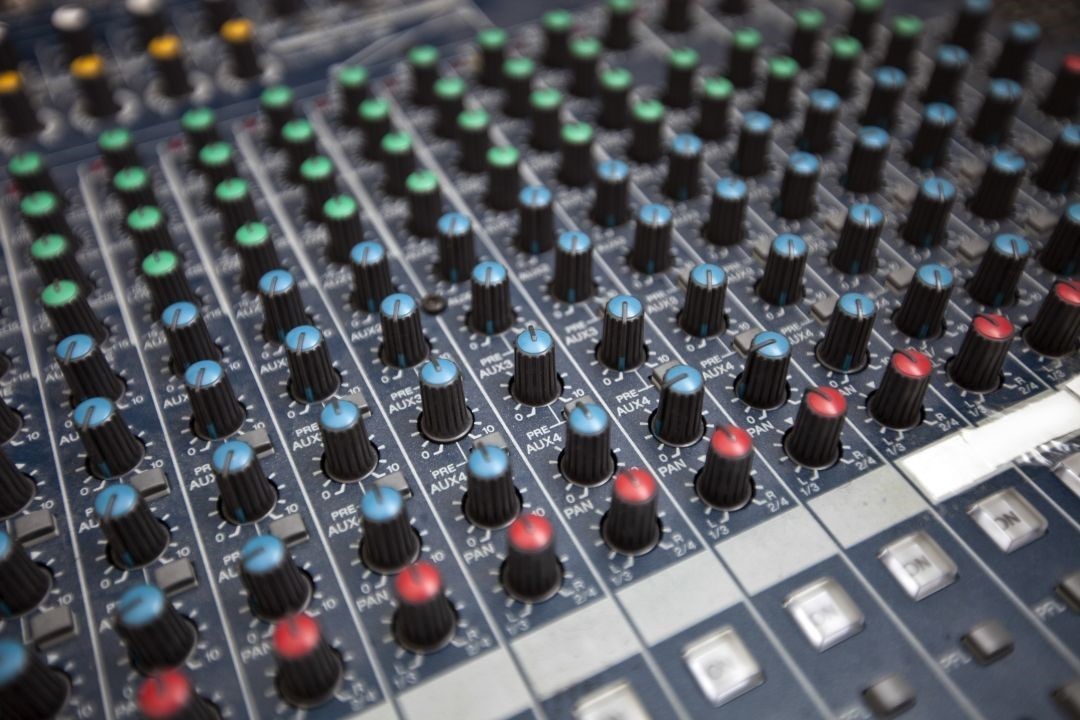
Recent technology guides
How to convert audio files

There are so many audio file formats in use today, and most of them are very popular. We've gotten wav files, which store uncompressed audio data, for example. Then, we've got the well-known MP3 and WMA formats, which utilize much less space, allowing people to store millions of music tracks on a regular hard drive. And the list goes on and on, including AIFF, AAC, OGG, FLAC, etc.
So, which format will work best for our needs? It's not an easy answer, because people have different requirements. If you are a musician who is recording a new soundtrack, for example, it is wise to preserve all the needed project files using a lossless audio format, such as WAV, FLAC, ALAC or WMA Lossless.
If you are an audiophile, you may want to use lossless files as well; most people like you choose FLAC for this task. On the other hand, if you don't need ultrahigh music quality and storage space is an issue, you should pick MP3 files.
Okay, so now that you've decided which format works best for you, how can you convert those files? If you only want to transfer the tracks from an audio CD to your phone, Windows Media Player can do a great job. Simply load the CD into the drive, and then choose "Rip" from the application's top menu. Pick "MP3" as the target format; by default, the application wants to rip files to Microsoft's "Windows Media Audio" (WMA) format. Then, click the "Rip" button; you will have to wait for a few minutes, until all the audio tracks are transferred to your computer's hard drive. You can then copy those MP3 tracks to your smartphone using either a cable or a wireless data transfer app.
Sometimes you will need to convert audio from/to a more obscure format, and Windows Media Player can't be of too much help under these circumstances. Here are a few more applications that can do a great job, though.
Freemake's Free Audio Converter can convert music files between 50+ audio formats, such as MP3, AAC, M4A, WMA, OGG, FLAC, WAV, AIFF, and so on. It can export high-quality MP3 files that work with any smartphone, has the ability of extracting audio from video files (a great option for people who love the soundtracks that are included with most YouTube videos), supports batch conversions, can join several audio files together, can upload music to your Google Drive and/or Dropbox accounts, etc.
This program has over 63 million users and it has earned over 100 awards from reputable tech portals such as Lifehacker, Make Use Of, PC World, PC Advisor, ZDNet, Computeractive, Wired, and so on.
Zamzar is an online convertor that does a great job as well. It supports image formats, document formats, video formats, e-book formats, compressed formats, video preset formats and... music formats, of course! It's true that it limits the files that need to be compressed to 50 MB, but this should be more than enough for most people's needs.
Since no software installation is required, people can use this service without needing advanced tech skills. However, conversion time can be slow every now and then, and you will only receive the link to the converted file through email – you can't download it directly from the site.
Hamster Free Audio Converter is a small tool that does a great job. It supports most popular audio formats, and it integrates an intelligent assistant which will help you choose the best conversion options. Its only drawback is the fact that Hamster hasn't been updated since Windows 7 was released; nevertheless, it appears to work fine in Windows 10 as well.